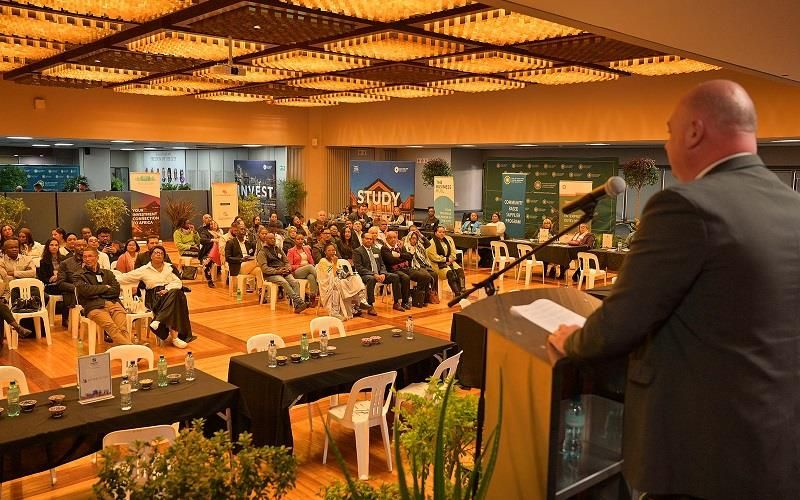Fraud and corruption have long been major issues in South Africa that have hindered the government’s ability to provide quality services to its citizens. In response to the growing need for protection of whistleblowers, the Public Service Commission (PSC) and the United Nations Development Programme (UNDP) collaborated to host a symposium on July 21, 2023.
Addressing the Challenges Faced by Whistleblowers
The symposium, themed “the extent and nature of the protection of whistleblowers in South Africa,” aimed to address the challenges faced by whistleblowers and discuss measures to safeguard their rights. The event provided a platform for discussion, which encouraged whistleblowers to come forward without fear of retribution.
Deliberating on Measures to Strengthen the Protected Disclosure Act of 2017
The symposium aimed to deliberate on tools and measures that could strengthen the Protected Disclosure Act of 2017, which aims to create an ethical and corruption-free environment in public administration. Participants discussed ways to establish a support program for whistleblowers, including provisions for maintaining their confidentiality.
Promoting Professional Ethics in the Public Service
The event also aimed to promote a high standard of professional ethics in the public service. By enhancing whistleblowers’ protection, the PSC and UNDP strived to send a clear message that corruption and fraud would not be tolerated. This initiative forms part of a broader effort to tackle corruption at its root, which requires not only punishing wrongdoers but also empowering those who expose them.
Exploring Aspects of Whistleblowing
As discussions progressed during the symposium, participants explored various aspects of whistleblowing, including legal frameworks, support mechanisms, and ways to encourage a culture of transparency in public administration. The event provided an opportunity for stakeholders to share best practices and learn from each other’s experiences, fostering greater collaboration in the fight against corruption.
Collaboration between the PSC and UNDP
The collaboration between the PSC and UNDP demonstrates the commitment of both organizations to tackle the issue of corruption head-on, highlighting the importance of international cooperation in addressing global challenges. By working together, they showcased the power of unity in combating fraud and corruption and strengthening public institutions.
Fostering a Culture of Transparency and Accountability
In conclusion, the PSC and UNDP’s whistleblowing symposium was a crucial step towards fostering a culture of transparency and accountability in South Africa’s public administration. By addressing the challenges faced by whistleblowers and discussing measures to enhance their protection, the event brought attention to the critical role these individuals play in fighting corruption. It is now up to policymakers and stakeholders to learn from the symposium and implement effective strategies that empower whistleblowers and deter corrupt practices, ensuring a brighter future for South Africa.








